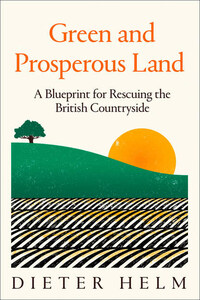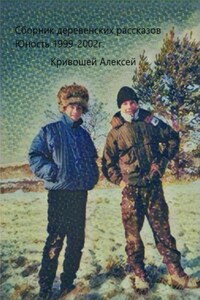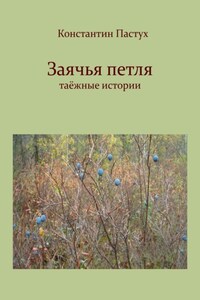William Collins
An imprint of HarperCollinsPublishers
1 London Bridge Street
London SE1 9GF
WilliamCollinsBooks.com
This eBook first published in Great Britain by William Collins in 2019
Copyright © Dieter Helm 2019
Dieter Helm asserts the moral right to be identified as the author of this work.
A catalogue record for this book is available from the British Library.
All rights reserved under International and Pan-American Copyright Conventions. By payment of the required fees, you have been granted the non-exclusive, non-transferable right to access and read the text of this e-book on-screen. No part of this text may be reproduced, transmitted, down-loaded, decompiled, reverse engineered, or stored in or introduced into any information storage and retrieval system, in any form or by any means, whether electronic or mechanical, now known or hereinafter invented, without the express written permission of HarperCollins.
Source ISBN: 9780008304478
Ebook Edition © March 2019 ISBN: 9780008304485
Version: 2019-02-04
To Sue, Oliver and Laura, as always, and to Amelie of the next generation in the hope that the natural environment she will inherit will be in better shape for her to enjoy.
They paved paradise
And put up a parking lot
With a pink hotel, a boutique
And a swinging hot spot
Don’t it always seem to go
That you don’t know what you’ve got til it’s gone
They paved paradise
And put up a parking lot
Big Yellow Taxi by Joni Mitchell, 1970
I thought it would last my time –
The sense that, beyond the town,
There would always be fields and farms,
Where the village louts could climb
Such trees as were not cut down;
I knew there’d be false alarms
[ … ]
Things are tougher than we are, just
As earth will always respond
However we mess it about;
Chuck filth in the sea, if you must:
The tides will be clean beyond.
– But what do I feel now? Doubt?
Selected verses from ‘Going, Going’
by Philip Larkin, 1972
I have been thinking about the issues in this book for a long time. I grew up on the Essex marshes, and spent long hours around the sea walls and creeks of my grandfather’s farm. It is the place of my memories, and places are how we remember nature. It was a small farm by modern standards, around 350 acres. It was a mixed dairy and arable farm, with the traditional farmyard chickens and ducks, a big vegetable garden, a small orchard and of course beehives. It had a patchwork of more than a dozen fields, butting up to the sea wall.
In spring there were flocks of lapwing nesting so densely that it was difficult to avoid treading on the eggs. There were lots of skylarks and the full range of farmland birds, and of course a stand of great elms. House sparrows literally swarmed in the farmyard, which was often dense with flies and therefore swallows and house martins. There were barn owls. In winter, the marshes came alive with wildfowl. There were flocks of brent geese, teal and widgeon. So great were the numbers that books were written about wildfowling and punt guns and all the paraphernalia of Essex marsh life.>1
Psychologists will tell you that what happens in that magic time of childhood forms the subsequent person. It is why getting children and nature together is so vital for the future of the environment. It is hard to put into a person’s mind what they never had in childhood. In my case, although most of my career has been spent in mainstream economics in Oxford, the experiences of those early years have never left me. It is one of the reasons why, in 2012 when I was given the opportunity to chair the Natural Capital Committee (NCC), I grabbed it.
By that time an enormous amount of damage had been done to the natural environment. After World War II, British agricultural policy, and then the Common Agricultural Policy (CAP), had transformed the land, polluting as it went. My grandfather’s farm was sold and turned into one large field in the 1960s, with the hedgerows literally dynamited and mole drainage applied. That put an end to the lapwings, and most of the skylarks too. ‘Progress’ had arrived.
What happened to that farm was but a microcosm of what was happening everywhere at an accelerating rate from the 1960s. Alongside the intensification of agriculture, industrial development, housing and roads bisected the landscape and left fragments of nature in between. Population growth brought with it increasing consumption, and some of this has proved highly damaging. Prosperity came, built on a fossil fuel economy, bringing with it pesticides, plastics and petrochemicals.








